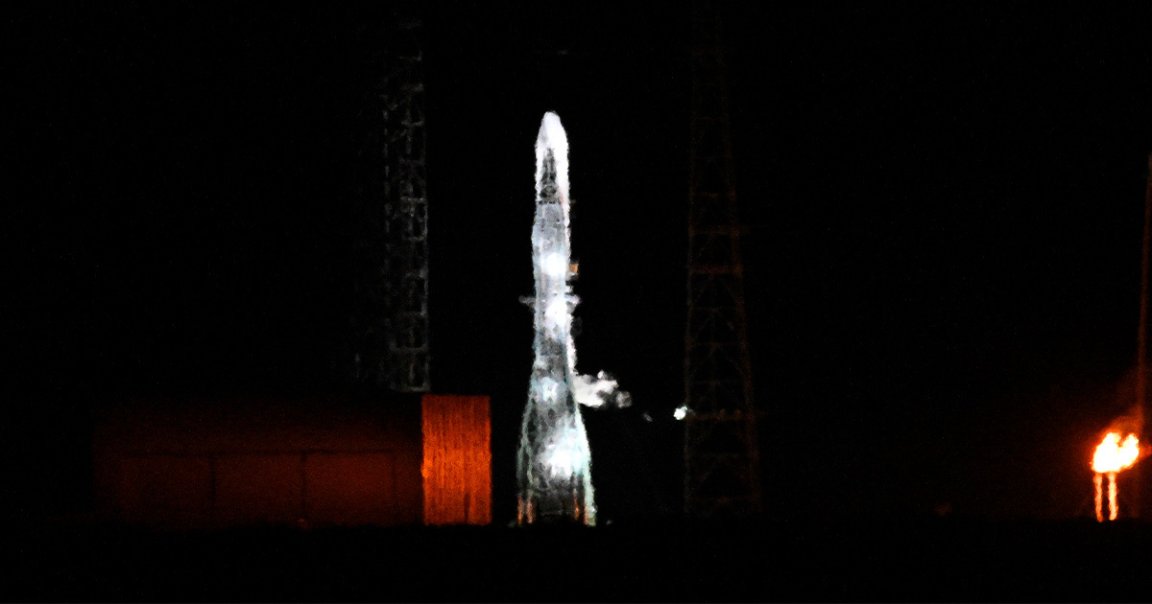
Anti-Climactic
Blue Origin scrubbed the launch of its enormous flagship rocket right before it was scheduled to lift off on Monday morning from Cape Canaveral — marking yet another delay in the vehicle’s development.
The Jeff Bezos-owned company intended to send its New Glenn rocket into space within a three-hour window before dawn. But with the 320-foot behemoth sitting primed on the launchpad, Blue Origin halted its launch several times before calling it off completely around 3:05 am, Space.com reports.
Afterwards, engineers immediately began draining all fuel from the rocket, per The Associated Press.
“We’re standing down on today’s launch attempt to troubleshoot a vehicle subsystem issue that will take us beyond our launch window,” Blue Origin announced on X, formerly Twitter. “We’re reviewing opportunities for our next launch attempt.”
At this time, the subsystem issue has not been specified.
Bag of Tricks
The postponed mission, dubbed NG-1, would not only have marked the inaugural launch of New Glenn, but the first orbital flight for Blue Origin. Until now, the Bezos outfit has largely made a name for itself with space tourist flights using its sturdy New Shepard spacecraft, a suborbital vehicle.
NG-1 still has until January 16 to launch before the currently approved window elapses. In a modest test of its heavy-lift payload capabilities, the New Glenn will carry a prototype device called Blue Ring Pathfinder attached to the rocket’s upper stage, GS2.
Once GS2 is deployed in orbit with the Blue Ring Pathfinder aboard, the idea is that the small device will test the capabilities of the company’s Blue Ring spacecraft platform, which is designed to support other space missions with refueling, communications, and transportation capabilities.
Ambitiously, the NG-1 mission also aims to recover the first stage booster — nicknamed “So You’re Telling Me There’s a Chance,” in a near-certain nod to SpaceX’s eccentric naming conventions— by landing it on a drone ship, the Jacklyn, instead of letting it fall into the ocean.
Lengthy Turnaround
This isn’t the first time that New Glenn, which has been in the works for over a decade, has faced setbacks (in fact, the NG-1 mission was intended to launch last week, but was immediately delayed.)
The rocket hit a major snag in the year prior when part of its upper stage exploded during a stress test. Another portion was heavily damaged while the New Glenn was being transported to a storage hangar.
Perhaps typifying the sluggish development of the rocket, NASA had intended to use New Glenn to carry its two ESCAPADE Mars probes to the Red Planet, but was forced to delay the mission a month ahead of its original October launch date last year because it was clear that the vehicle wouldn’t be ready in time.
More on Blue Origin: After Over 10 Years, Jeff Bezos’ Blue Origin Is Finally About to Launch Its First Falcon 9-Style Rocket